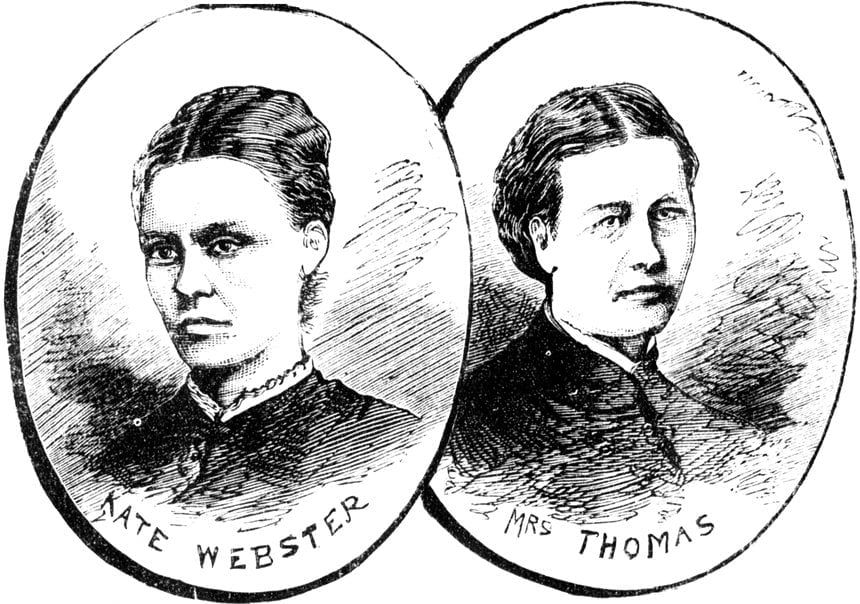
It was around 6:45 am on March 5, 1879, when London coalman Henry Wigley spotted a box in the River Thames.
The tide was ebbing, leaving it half afloat near the shoreline just south of the Barnes Railway Bridge in Richmond.
It was the kind used for hats or bonnets. He kicked it. It was full. Heavy. Inside was something, he later told a court, resembling "cooked meat".
Five days later, roughly seven kilometres away, a servant set to work removing a pile of dung on his employer's property. He steadily dug through, wheeling it away, until he struck something within. A foot, severed at the ankle, seemingly not all that long ago.
Watch: For more stories like this, delve into Mamamia's podcast, True Crime Conversations - which you can watch the trailer for, here. Post continues after video.
The gruesome details of the "Barnes Mystery" or "Richmond Murder", as it was known, played out in the papers and fast became one of the most infamous crimes in Victorian England. Within months, readers had answers to major questions. Were these human remains linked? Who did they belong to? How was the victim killed, and by whom?
But another 131 years later, the case was hauled into the headlines yet again by another chance discovery in the garden of the legendary naturalist, Sir David Attenborough.

